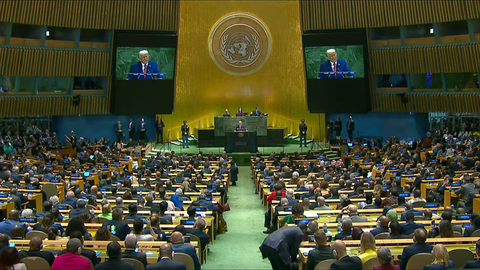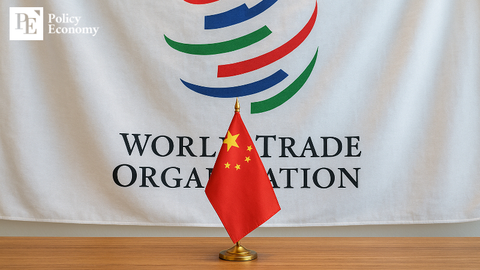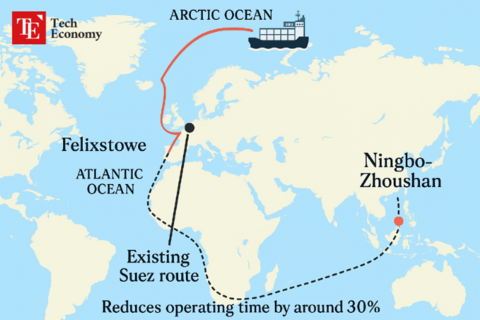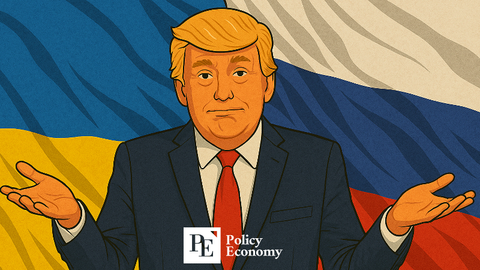When Science Meets Politics: RFK Jr.'s New COVID Vaccine Controversy
Input
Modified
He strikes at mRNA funding. Advisory experts replaced Public health at a crossroads
In a move that has shaken the scientific community, U.S. Health Secretary Robert F. Kennedy Jr. initiated a broad reversal of federal support for the development of COVID-19 and flu vaccines. The decision, announced in late 2024, is consistent with his long-held skepticism toward vaccines and now signals a new phase where such beliefs are shaping national health policy. The implications are wide-ranging and worrisome, especially as the United States navigates fragile public trust and lingering pandemic fatigue.
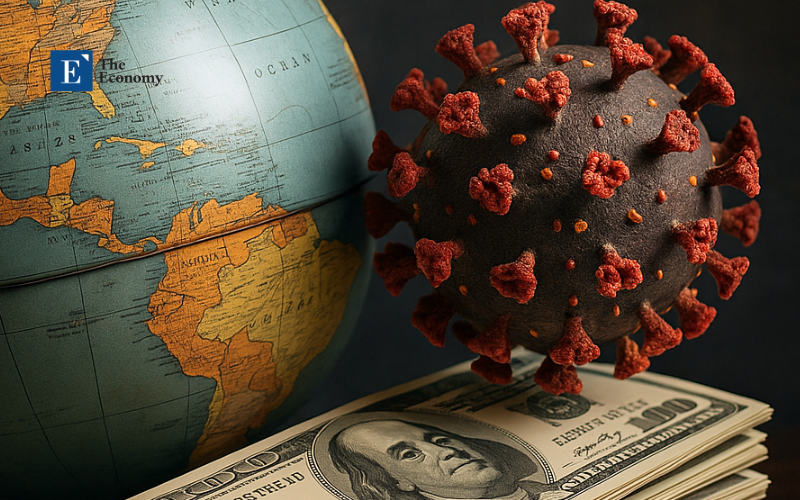
A Fragmented Vaccine Strategy
Kennedy’s most headline-grabbing decision came in the form of a withdrawal of nearly USD 500 million in federal funding. This sum was allocated to 22 mRNA vaccine research programs that had been supported through the Biomedical Advanced Research and Development Authority (BARDA). In his statement, Kennedy argued that mRNA vaccines are inherently less stable and adaptable than traditional vaccine types and therefore should not be the focus of future public investment. He pledged to shift resources to alternative platforms he believes offer broader, longer-lasting protection.
Scientists and public health experts were swift in their condemnation. Many see this as a fundamental misunderstanding of how mRNA technology works and its flexibility in responding to new viral threats. Dr. Rick Bright, a former top health official, warned that dismantling the mRNA research infrastructure not only hinders preparedness but also signals to the global community that the U.S. is retreating from its role as a scientific leader in pandemic response.
More broadly, health systems fear the chilling effect this may have on pharmaceutical innovation. Companies that had entered partnerships with the government now face uncertainty. Early-stage research into respiratory and infectious diseases is especially vulnerable, as it often relies on predictable public funding. Without it, promising candidates may never reach trial or approval.
Undermining the Scientific Infrastructure
This shift in vaccine strategy did not happen in isolation. Around the same time, Kennedy dismissed the entire 17-member panel of the CDC’s Advisory Committee on Immunization Practices (ACIP), citing conflicts of interest and lack of transparency. In their place, he appointed individuals who critics argue share his ideological leanings rather than the qualifications required for data-driven health guidance.
The changes have sparked a legal and political backlash. Public health associations have filed lawsuits alleging procedural violations and unlawful overreach. They argue that Kennedy's rapid replacement of advisory bodies violates longstanding norms of independent, expert-driven policy formulation.
At the state level, some officials are moving to mitigate the fallout. Legislators in New York, Massachusetts, and California are drafting bills to preserve existing vaccination guidance and maintain insurance coverage for recommended immunizations. These state-based efforts underscore the growing divide between federal leadership and local public health institutions. For many in the medical community, the concern is not just the content of Kennedy’s decisions but the message they send: that science can be sidelined by political conviction.
The consequences are already emerging. Pediatricians report an uptick in parents delaying or declining routine childhood vaccinations. Misinformation about vaccine safety is spreading more freely across social media platforms, often echoing the very rhetoric Kennedy has used publicly. If this trend continues, experts warn the country could see a resurgence in vaccine-preventable illnesses, reversing decades of progress in immunization rates and disease control.

Politics Over Public Health?
Kennedy’s actions are consistent with a broader political trajectory that blurs the line between personal ideology and public responsibility. As far back as 2023, during the Democratic administration, his ideas were labeled as conspiracy theories by officials and dismissed by the White House as a dangerous mix of pseudoscience and political opportunism. At the time, few believed his views would gain real traction at the highest levels of government. Today, that assessment has changed.
His approach to vaccines, often presented in terms of individual freedom and medical choice, resonates with segments of the population that harbor deep mistrust of pharmaceutical companies and federal oversight. This resonance has helped him build a loyal following that spans ideological divides, especially among voters frustrated by perceived overreach during the pandemic. What was once considered a fringe movement now has a foothold in federal policy.
However, the cost of this ideological momentum is growing. Public health experts caution that dismantling expert panels, cutting research funding, and politicizing immunization guidance are moves that do not occur in a vacuum. They ripple outward, affecting everything from insurance coverage and school-entry requirements to international health partnerships. The CDC and FDA, once considered bedrocks of evidence-based policy, now face new skepticism from the very public they aim to serve.
Within the scientific and medical communities, there is concern that this skepticism will endure long after Kennedy’s tenure. The infrastructure of public health, which relies on continuity, trust, and data, has been disrupted. Institutions must now not only manage ongoing health threats but also rebuild public faith that has been eroded by conflicting messages and abrupt policy shifts.
The broader consequence is a nation less prepared for future crises. Whether confronting a new variant of COVID-19, an unexpected flu strain, or another global outbreak, readiness depends on prioritizing science above all else. With Kennedy’s current trajectory, there is growing fear that political motivations will continue to guide health decisions, even at the expense of lives.


